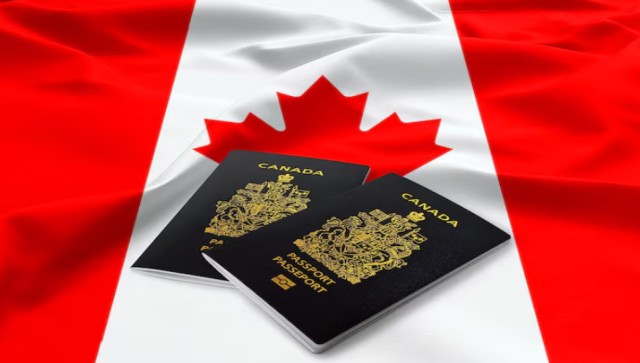

Canada's Strong Borders Act plans to improve issues in the immigration process
On June 17, 2025, Canada shared full details of its proposed immigration law—the Strong Borders Act. First introduced on June 3, this new bill aims to fix problems in Canada’s immigration and asylum systems. The government wants to stop abuse, speed up decisions, and improve fairness for both Canadians and newcomers.
Let’s break down the most important parts of this new bill.
Tighter control on immigration documents
The government wants the power to cancel, pause, or change immigration documents like visas, study permits, or work permits when needed. This would help them act quickly during emergencies or if they spot fraud. These changes won’t affect asylum claims.
This power will help stop misuse of public programs and services. It will also give the government more control during sudden events, like natural disasters or public safety threats.
Better information sharing across Canada
Right now, different levels of government struggle to share immigration-related data. The Strong Borders Act will fix that. Immigration offices will be able to share information with provinces and territories directly, as long as those partners are legally allowed to receive it.
This will make service delivery faster and more efficient. Privacy rules will still apply. Only approved partners will receive the information, and no one can share this data outside Canada without permission.
Faster processing of asylum claims
Canada’s asylum system has faced big delays. People wait months, sometimes years, for a decision. The new reforms will change that.
Here’s what will improve:
These changes will reduce delays and give real refugees answers sooner.
New limits on asylum eligibility
The bill will also make some people ineligible to claim asylum. Two new rules will apply:
These rules only apply to claims made on or after June 3, 2025.
But even if someone’s claim is ineligible, they can still apply for a Pre-Removal Risk Assessment. This checks if they would face harm if sent back to their home country.
What’s next for the Strong Borders Act?
The bill still needs to be passed by Parliament. If approved, the changes will take effect soon after. The government will watch how these reforms work and make changes if needed.
Canada also plans to work with provinces and advocacy groups to make sure the system stays fair. These changes may even inspire similar reforms in other countries.
Having an 'Identity Verified' badge or being 'Identity Verified' simply indicates that an individual has submitted information to complete our identity verification process or we have conducted internal verification using various authorized websites. While this process includes safeguards, it does not guarantee that the person is who they claim to be.
If you encounter any issues with this profile, please report them here. While all consultants who are verified have RCIC ID, we may not have the latest data in terms of their renewal/cancellation/discontinuation of their RCIC ID.
The "Verified Consultants" profiles are created using publicly available information, including data from the IRCC website, official consultant sites, other listing platforms, and social media. Immiperts.com is an independent platform, not affiliated with IRCC or any registered immigration consultants. To update, claim, or remove your profile, please contact us at [email protected].
╳